SHILLONG, JULY 17: The People’s Linguistic Survey of India (PLSI) on Wednesday announced the completion of the Linguistic Survey of Assam, Meghalaya, Tripura, Nagaland and Manipur, the first linguistic survey since George Grierson’s survey conducted a century ago.
The survey for Assam is coming out in Assamese as well as in English and for Meghalaya. Tripura, Nagaland in English. These volumes are the outcome of a prolonged, intensive and sustained research.
The first of its kind, these volumes which form a part of the entire linguistic survey of Indian languages, depict the cultural and linguistic geography of all the indigenous communities of these states of North Eastern India.
The first survey of its kind, it accounts for 130 living languages as well as near extinct languages of Assam, Meghalaya, Tripura, Nagaland and Manipur.
The PLSI Assam volume is published by Banalata in Assamese and by Orient BlackSwan in English. There are 155 contributors from diverse fields such as academics to medicine and law who contributed their entries for these volumes.
Dr. GN Devy, chairperson of PLSI, said, “The sub-national languages or the ‘regional languages’ have learnt to expect the migration of yet smaller language communities within their fold as a natural result of ‘development’, while they themselves feel uneasy in the face of the increasing sphere of influence of the mega-languages’ and the ‘national languages’.”
Devvy further added, “The idea of a nation state, within which is implicit the idea of a language or languages for preserving national unity, has put stress on sub-national languages for a somewhat forced alignment.”
These volumes will shortly be published at the entire analytical work by the PLSI team of scholars is completed. The People’s Linguistic Survey of India is likely to emerge as a prominent document for sociological, linguistic and historic research. Future researchers who want to work in the various branches of socio-linguistics, cultural linguistics or anthropological linguistics will be immensely benefited by these volumes.-By Our Reporter



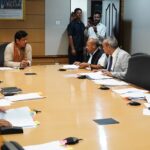


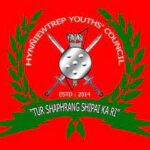


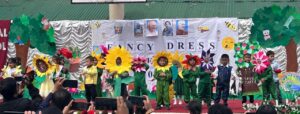

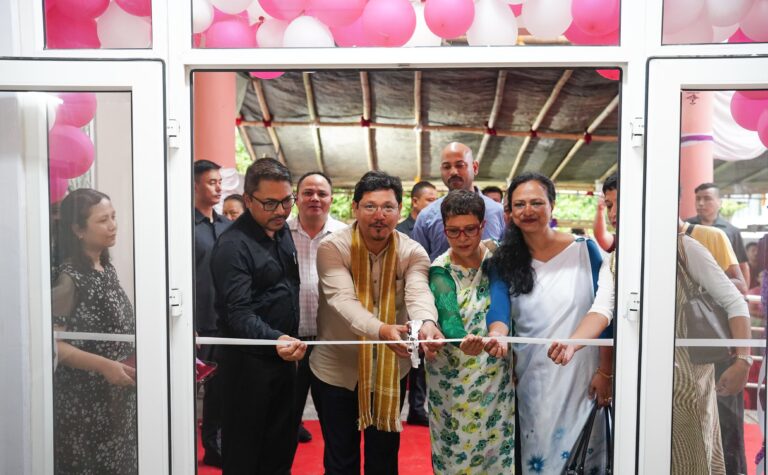

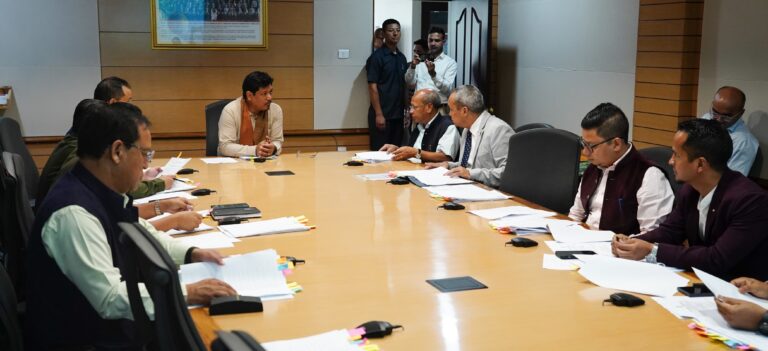
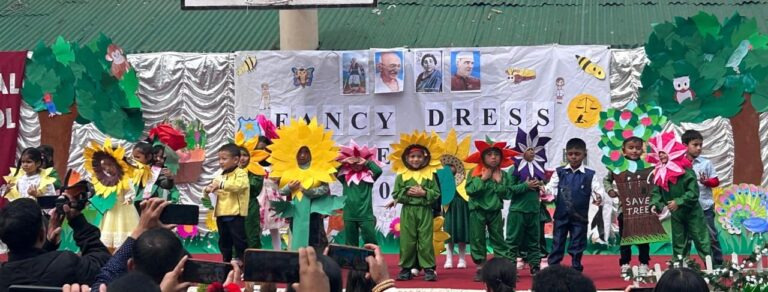

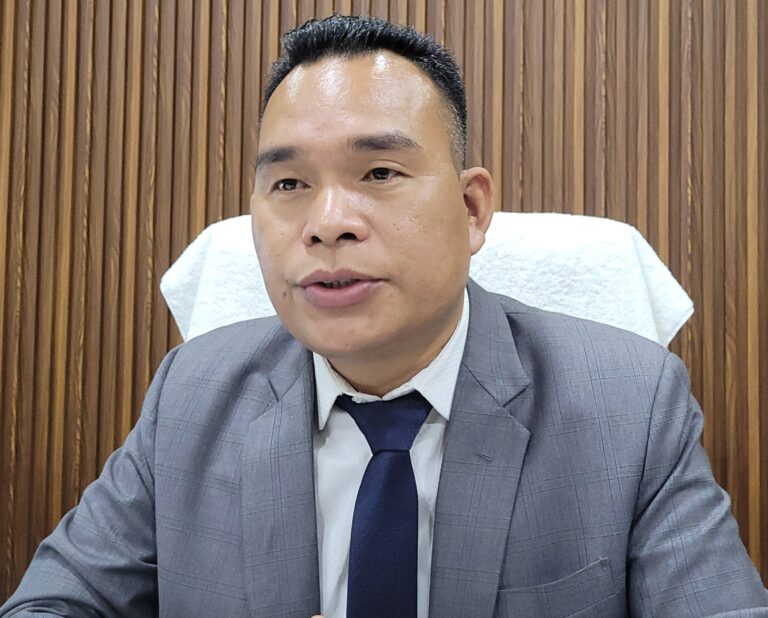
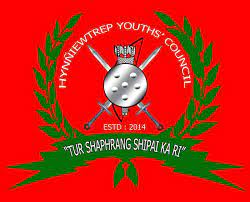

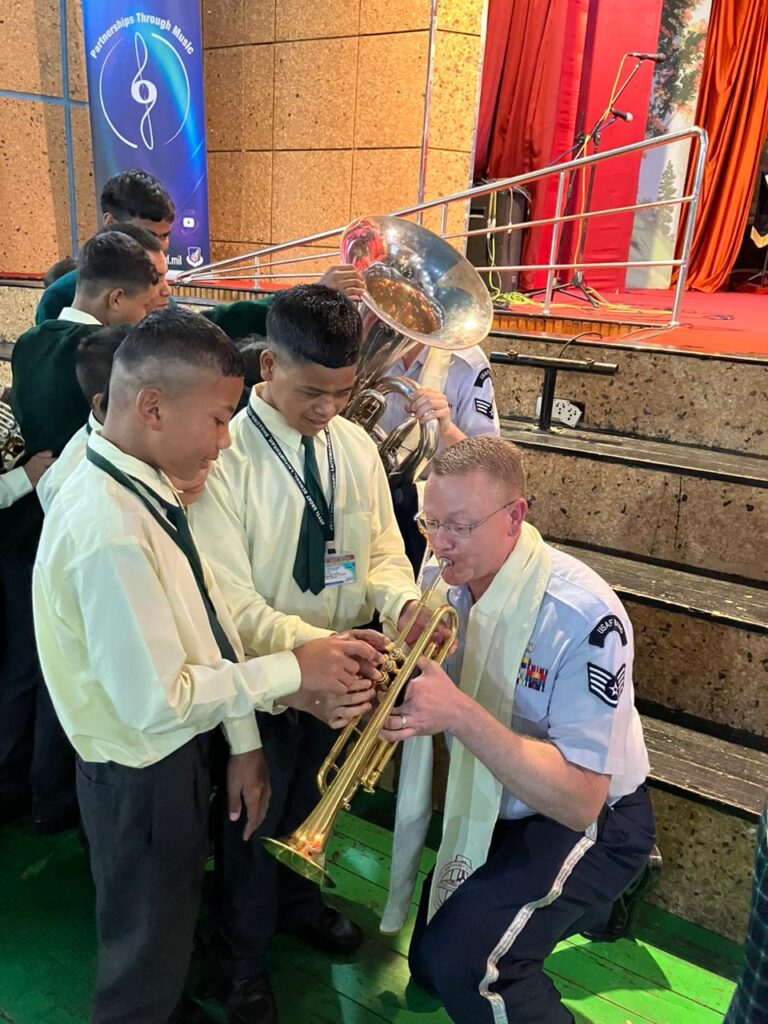
+ There are no comments
Add yours